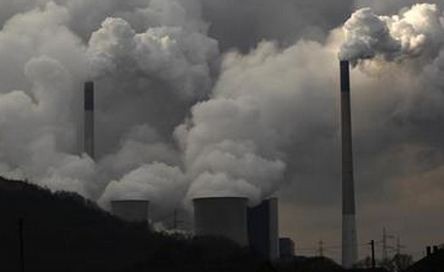Reduced air pollution and better air quality are helping millennial Southern California children breathe easier and have stronger lungs compared to the children two decades ago, a study has found. Air quality regulators' crack down on emissions and initiatives to clean unhealthy air are finally bearing fruit.
The USC Children's Health Study was focused on Southern California, but researchers believe that efforts to reduce air pollution in urban locations can bring positive change in residents' health. This is particularly applicable to children's health as they have healthier lungs and less airborne diseases.
This is the first study to actually provide sound, scientific evidence that cleaning up our air improves the health of our children," said James Gauderman, professor of preventive medicine at the Keck School of Medicine at USC and the study's senior associate.
Particulate matter, fine particles from Diesel smoke and nitrogen dioxide have higher percentages in urban locations and, reducing "those pollutants should lead to improved health for children living in any urban environment," Gauderman said.
With increase in population, Los Angeles saw an increase in number of vehicles and factories and thereby, air pollution increased to alarming levels. In the 1970s, study found that the air was unhealthy for more than 200 days in a year.
Blotting out of the San Gabriel Mountains and restricting children from playing outside were effective in LA four decades ago. Those peculiar incidents and practices are non-existent now thanks to stricter emission norms and government initiatives to clean the air.
In the 23-Year study, researchers studied the lung development of over 2,000 children in five Southern California communities. Scientists visited the schools and scientifically checked how strong the children's lungs were.
The research found that the percentage of children having weak lung function halved from about 8 percent during 2007-2011 from the 1994 to 1998 period. Gender, ethnicity, education and other factors had no effect the outcome.
The results of the study appeared in Thursday's New England Journal of Medicine. Nevertheless, it is obvious that the cleaner air and lessened pollution are also offering numerous health benefits to residents of Southern California regardless of age. The study, however, did not include the adults.
"The current report and other studies suggest that further improvement in air quality may have beneficial public health effects," wrote Douglas Dockery and James Ware of Harvard University.




























